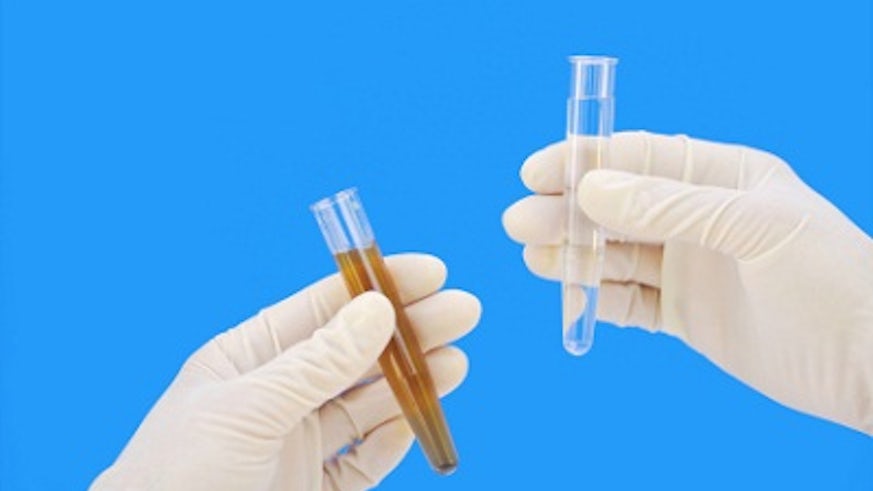Clean water project
22 October 2013

Water is one of the most precious substances on the planet. Without it, life, as we know it, would not survive. Few would question the motives of the UN who are now moving towards making access to clean water a fundamental human right.
Often overlooked is the massive role that water plays in industrial processes, which frequently creates a paradox: Economics dictate that countries need to develop industries to survive and grow but these very industries can create environmental issues, including water pollution.
Recognising the danger this poses to both the environment and the sustainability of industry, the European Commission has awarded €4M to a project led by the Cardiff Catalysis Research Institute - involving 7 countries and 11 organisations – with the aim of cleaning up industrial water pollution.
The PCTADES Consortia project will run for four years with the end goal of developing a solar powered, photocatalytic waste water treatment system, capable of separating organic matter from water – a process current biological methods aren't able to achieve.
The research team, coordinated by Dr Phil Davies from the School of Chemistry, will build a prototype of the treatment system for deployment to remote areas in Europe and Asia where access to infrastructure is limited. It is hoped that this work will help to clean up pollutants from waste water associated with small scale, industrial activities, such as fisheries and palm oil production.
The potential global impact of this type of water pollution is reflected in the European Commission's decision to involve and support research teams from both ASEAN (Association of Southeast Asian Nations) countries and Europe. It is anticipated that the close collaboration and sharing of expertise between centres of excellence will generate new knowledge on photo-catalytic materials and processes.